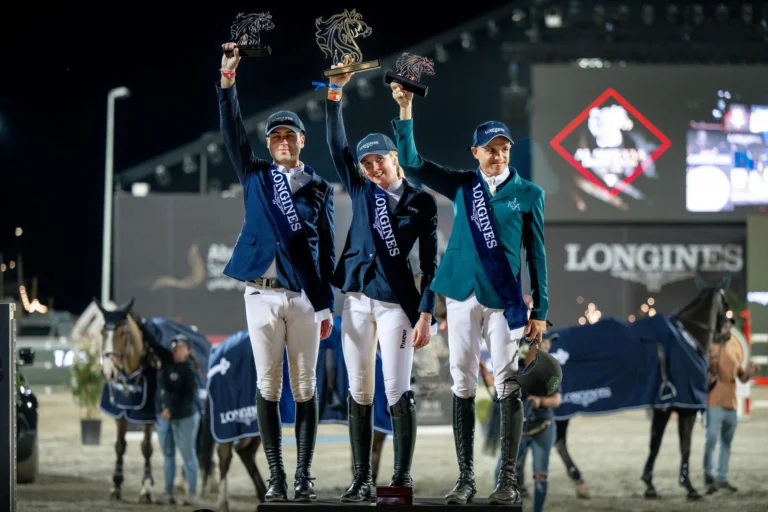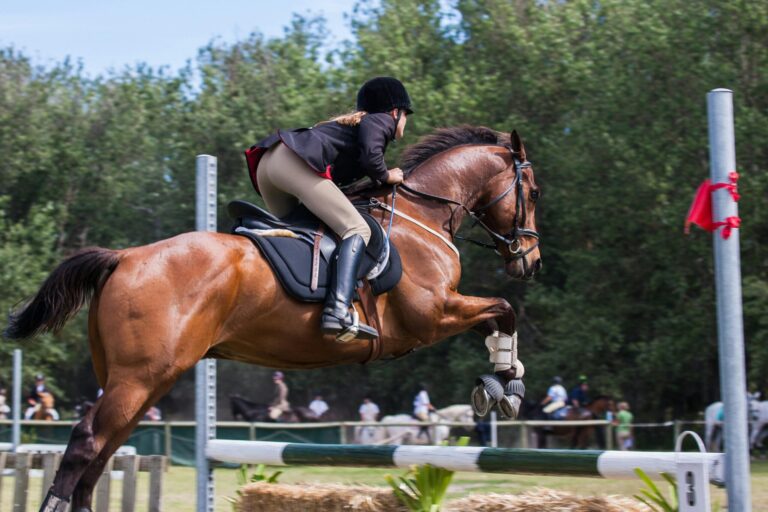In a legal procedure at the court of Gelderland Schelstraete is representing a Dutch equestrian firm in a dispute concerning the sale of a horse to a buyer located in the United States. According to the buyer the horse would not live up to the expectations which the buyer may have expected based on the purchase agreement and claims that at the moment of delivery there would have been a lack of character in the horse to fulfill it’s intended purpose.
Schelstraete’s cliënt contests the foregoing and has involved several witnessess in the procedure, which were able to provide statements on the horse’s character prior to and at the time of delivery. The buyer has requested the court to provide witnessess as well. However the hearing of these witnessess, according to the buyer, would need to be executed in the U.S. and by the U.S. court.
In a succesful defense Schelstraete manages to put a halt to the request of the opposing party. A main rule in Dutch litigation is that a judge who has been assigned to the case, is required to hear the witnesses himself in order to form an independent judgement on the credibility of the statements.
According to the court of Gelderland, the buyer has not provided enough motivation on why a different approach than the main rule is required. None of the grounds provided by the buyer indicate that the witnesses are unable or unwilling to attend a hearing in The Netherlands, or that the buyer has made specific attempts to convince the witnesses to attend the hearing in The Netherlands. Not to forget that it was the buyer who started the legal procedure in The Netherlands and not the cliënt of Schelstraete.

